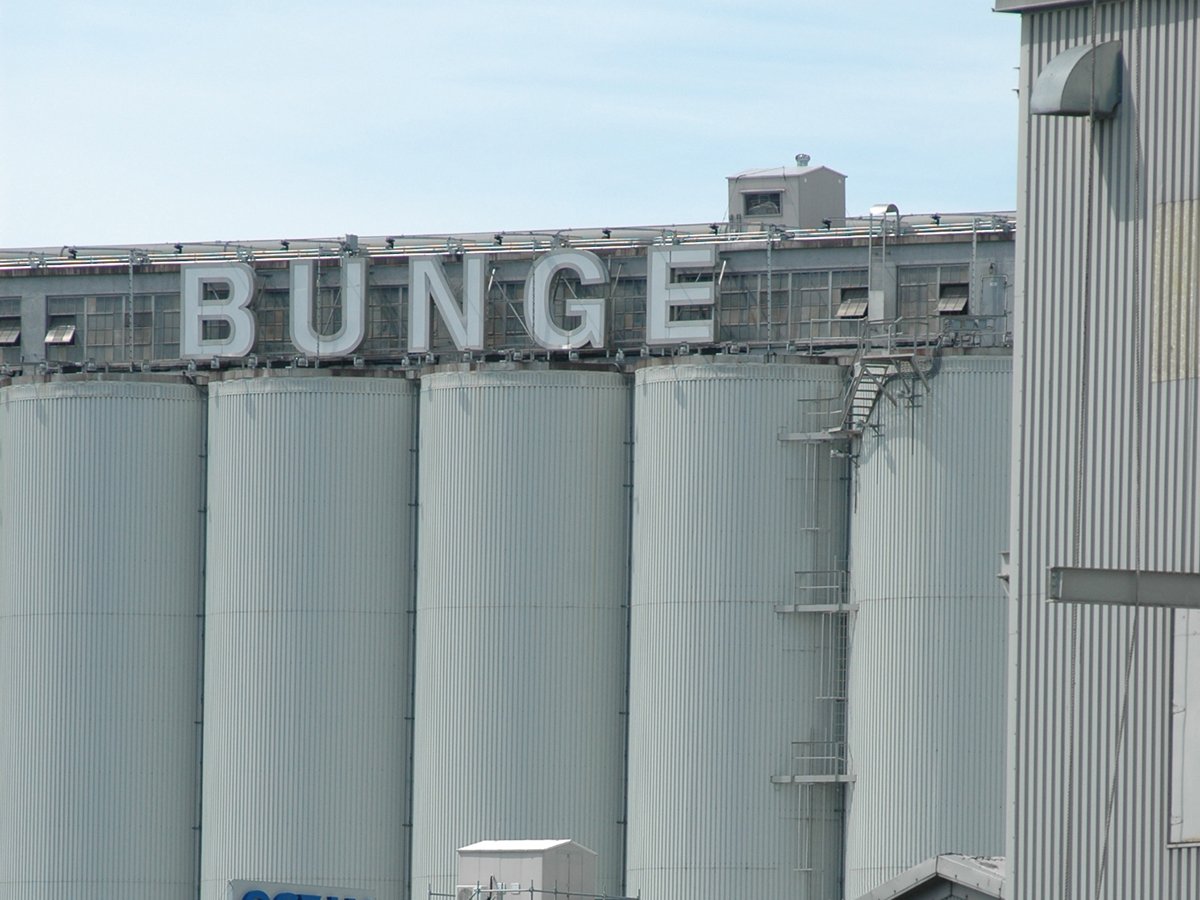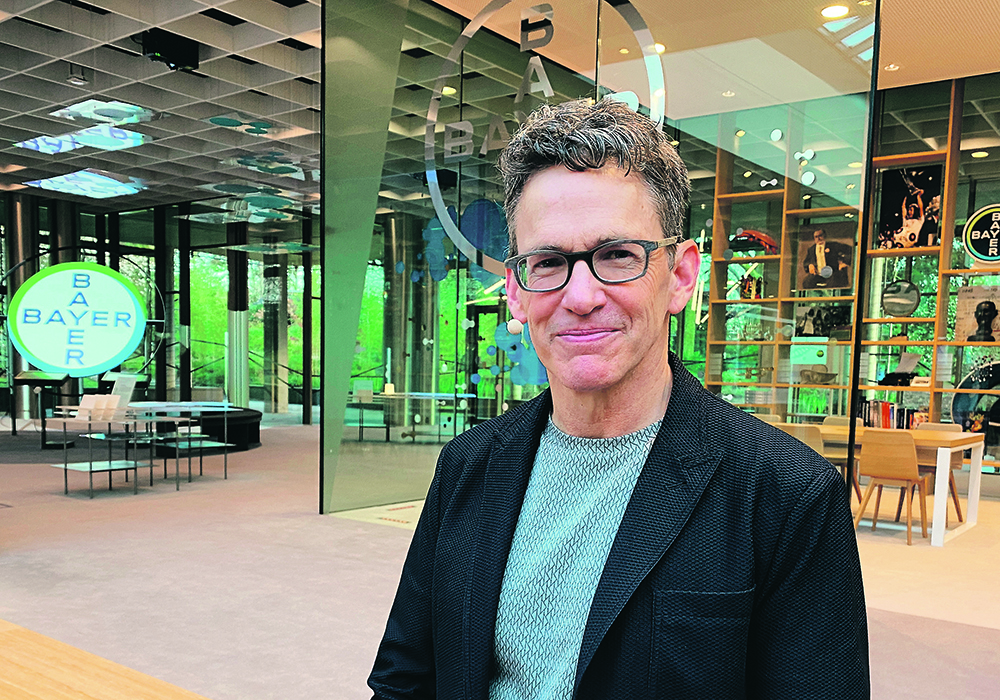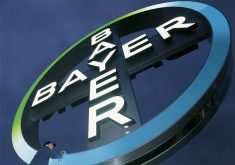Company says it needs time to reduce debt, deal with legal challenges, pursue more job cuts and improve decision making
FRANKFURT, Germany (Reuters) — Bayer will hold off on plans to break apart the group for up to three years so that the new chief executive officer can focus on problems including debt and litigation.
The move leaves investors dubious about whether enough is being done to revive the company’s fortunes.
“Our answer is ‘not now’ — and this shouldn’t be misunderstood as ‘never,’ “ CEO Bill Anderson said on a media call, also citing separation costs and capital gains taxes on any asset disposals as reasons for the delay.
Read Also

Bunge’s crop mix is changing
Bunge has predominantly been a soybean processing firm, but that’s about to change after the merger with Viterra with softseed processing and grain merchandising gaining ground.
Anderson, who was hired last year to turn the business around, previously said he was examining options to separate, spin off or sell businesses.
The drug and farm input manufacturer said that for the next 24 to 36 months it would seek to strengthen the pharmaceutical development pipeline, address litigation, reduce debt and further pursue job cuts and speed up decision making by managers.
The cutbacks will reduce annual costs by US$2.2 billion from 2026, it added.
Anderson faces a deluge of problems, most of which stem from the 2018 takeover of Monsanto for $63 billion.
These include U.S. litigation alleging harm from glyphosate and other chemicals, a development setback for its most promising experimental medicine, weak agricultural markets and investor pressure to spin off or sell businesses.
The stock has lost close to 20 percent over the last 12 months.
“The strategy is still vague and the question of group structure remains unanswered,” said Ingo Speich, head of sustainability and corporate governance at Bayer shareholder Deka Investment.
Added Thomas Schweppe of investor advisory boutique 7Square: “Regrettably, it does not seem that Bill Anderson has yet recognized the urgency of severe structural changes to the group that are required to remedy the mistakes of his predecessors.”
The company said 2024 earnings before interest, taxes, depreciation and amortisation (EBITDA) would slip to between $11.7 billion and $12.3 billion on a currency-adjusted basis, down from $12.7 billion in 2023.
A consensus posted on the company’s website showed analysts on average were expecting this year’s earnings to be at the lower bound of the target range, while last year’s figure was better than expected.
Anderson added he was “considering every possible means to bring closure” to U.S. lawsuits claiming that glyphosate has caused cancer in plaintiffs. That litigation wave is a key factor behind the company’s loss of value by two-thirds since the Monsanto takeover.
Bayer would vigorously defend itself but also look for solutions “outside the courtroom.” Anderson said more action was to come, but he would not be drawn on details.
About 54,000 cases remain outstanding, even though U.S. and European regulators have labelled the product safe to use.
Bayer recently won a case but its track record in court has been spotty. The company settled cases for up to $9.6 billion in 2020 but failed to win approval for a proposal to handle future claims. It currently has $6.3 billion in provisions for more glyphosate payouts.
To shore up its finances, the German drug maker has slashed dividends, keeping what analysts estimate would have been combined payouts of $6.5 to $7.6 billion over three years.
Bayer’s net debt at the end of 2023 was up 8.5 percent to $37.3 billion. That burden has led some analysts to conclude a capital increase may become necessary. The company said it would seek to reduce net debt by $1 to $2 billion this year.















